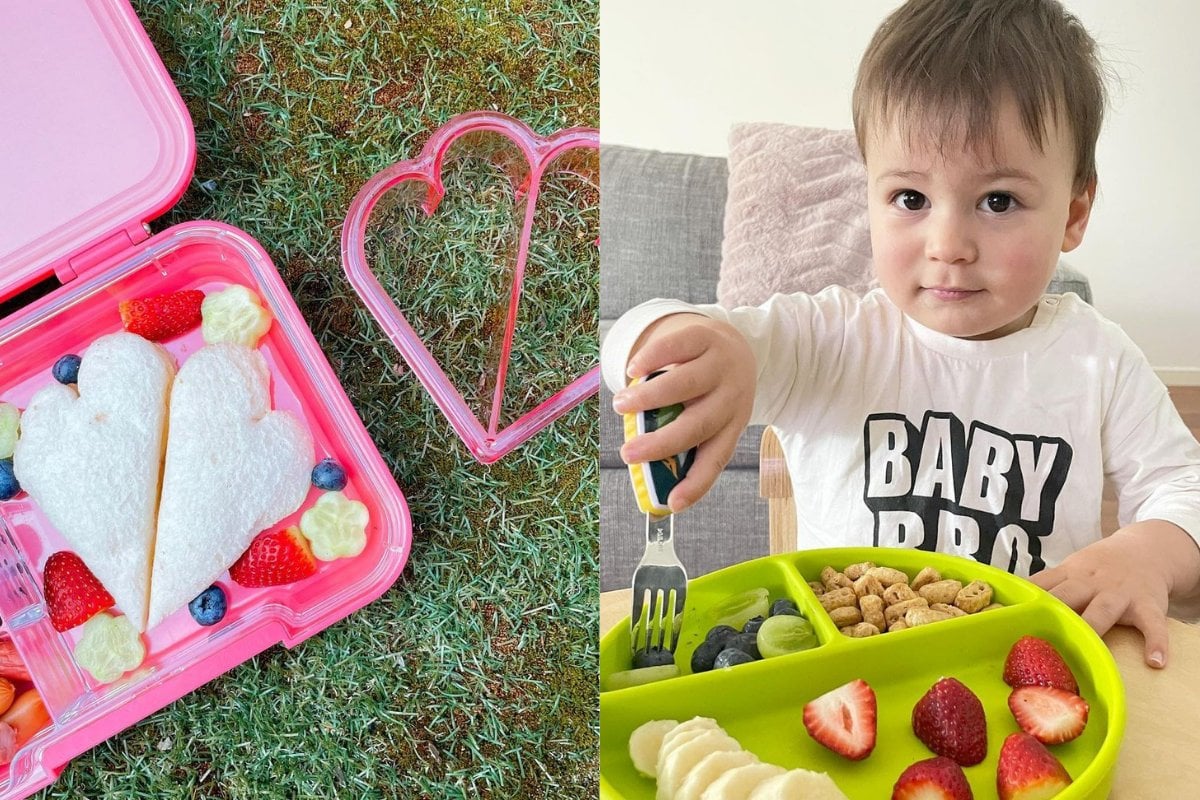

When I became a parent, I was totally unprepared for this battle.
The battle of the fussy eater.
So when my then-toddler started to refuse her veggies, I thought, “okay, this is normal, right?” But then the phase started to grow, and eventually the list of 'no-go foods' grew so large, it seemed that toast, noodles and plain rice were the only foods being consumed.
At one stage my daughter even refused to eat foods like pizza, chicken nuggets and even hot chips. What kid doesn’t like pizza and hot chips?
Mine, as it turns out. What chance did I have to convince her to eat her veggies if she wasn't even willing to eat pizza?
Offering my kids a balanced diet is important to me. The early years is a time of rapid growth and development, and it’s crucial that we support that growth with a balanced diet.
The only problem is that a variety of food groups offer a range of different nutrients, and when certain groups are lacking, so are those nutrients.




























































































